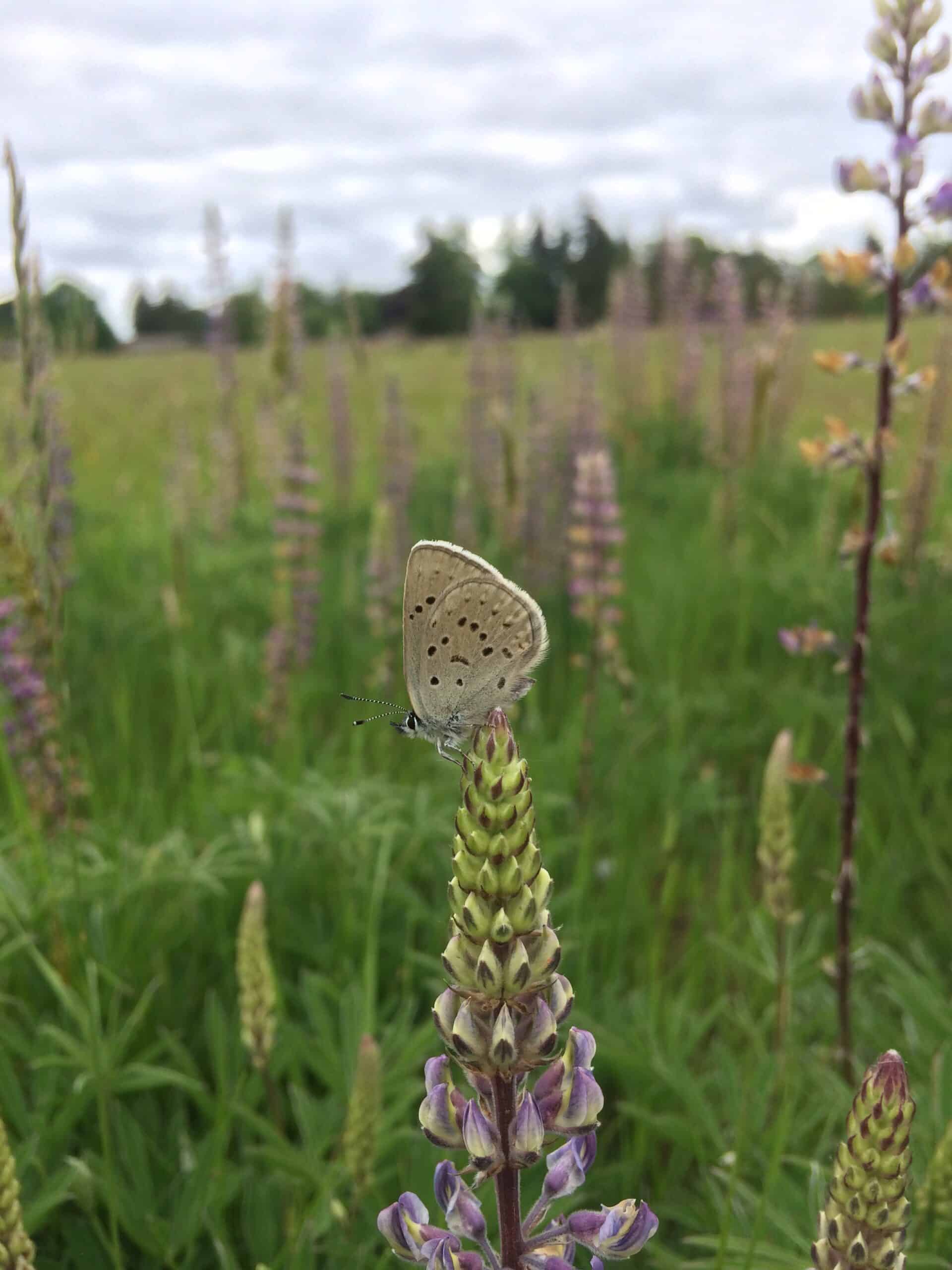Share this article
Farm Bill conference committee to meet in September
The 2018 Farm Bill conference committee plans to hold its first meeting Sept. 5, as the House comes back into session after its August recess.
The conference committee must reconcile differences between the House and Senate versions of the bill before a final version can be approved in both chambers and go to the White House to be signed into law.
The current Farm Bill expires at the end of September, leaving lawmakers just 10 scheduled days with both houses in session to work out a final bill, which would still need to go to the Congressional Budget Office for a cost estimate. The timeline would be further compressed if the House ends its September session early.
As well as ongoing controversy surrounding the Supplemental Nutrition Assistance Program, some of the most notable differences between the two versions of the bill involve conservation programs under Title II. The Conservation Reserve Program and Agricultural Conservation Easement Program assist farmers in taking land out of production, either for a certain period of time or permanently, in order to improve environmental quality. The Conservation Stewardship Program and Environmental Quality Incentives Program provide similar funding and technical assistance to farmers who follow certain practices on working lands. These programs protect environmentally sensitive lands and create wildlife habitat on private lands while also providing farmers financial relief.
The House version would raise funding for EQIP and increase the CRP acreage cap from 24 million to 29 million by 2023, but overall it would decrease conservation title funding by eliminating the CSP, currently the largest of these programs, with about 72 million acres enrolled.
The Senate version keeps the CSP but reduces the acreage cap for the program from 10 million to 8.8 million. It would increase the CRP acreage cap, to 25 million, less than the House version would, but set the rental rate higher, at 88.5 percent of market rates rather than 80 percent. While some programs would receive less money, the bill would cause no net change to Title II program spending overall.
The Wildlife Society has signed on to two letters to the conference committee. The first is emphasizes the general importance of Farm Bill conservation programs to a large number of stakeholders. The second letter outlines specific policy priorities to protect and improve conservation title programs.
The letter urges lawmakers to “protect the funding, structure and long-term integrity of the conservation title in the next farm bill.” The four suggestions include preventing cuts to the baseline funding levels for conservation programs, protecting funding long-term, retaining the full selection of programs to allow landowners to select the best option for their situations and structuring the fund to encourage investment in the programs during annual appropriations rather than reductions.
Header Image: The Wetlands Reserve Program, part of the Agricultural Conservation Easement Program, helps landowners to restore and enhance wetlands on their lands, which can provide important habitat for wildlife.©skeeze








